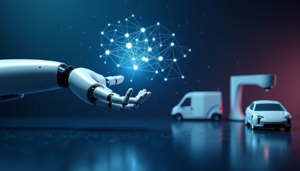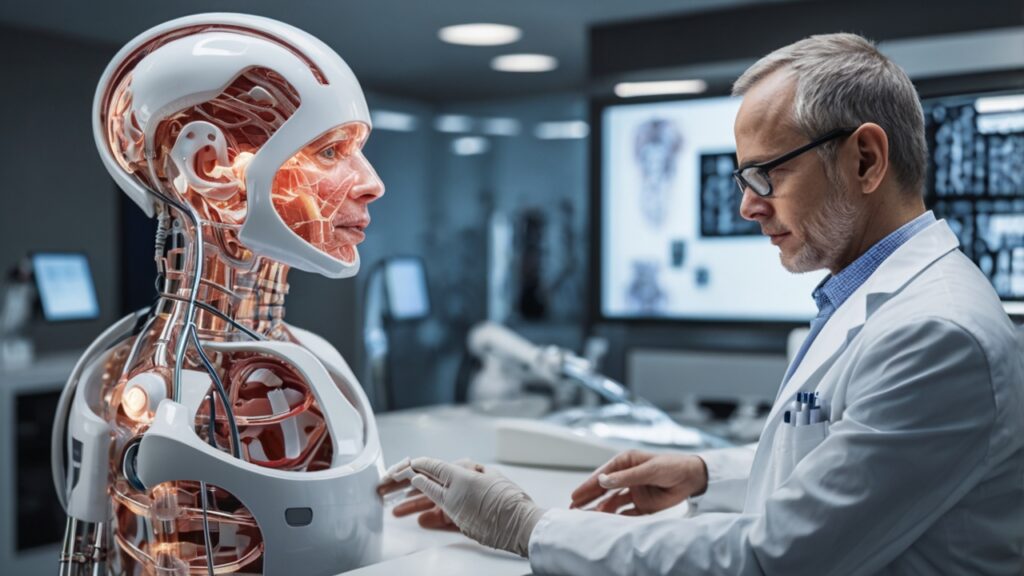
The Rise of Autonomous AI: Transforming Industries and Everyday Life
The Rise of Autonomous AI: Transforming Industries and Everyday Life Technology has reached a defining moment. Artificial intelligence now evolves beyond simple automation into systems



